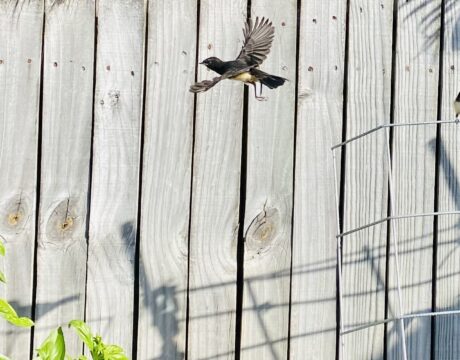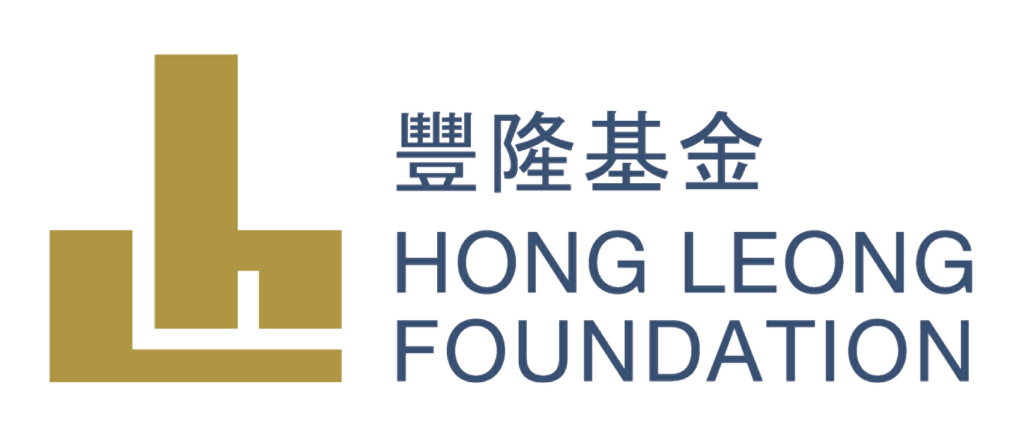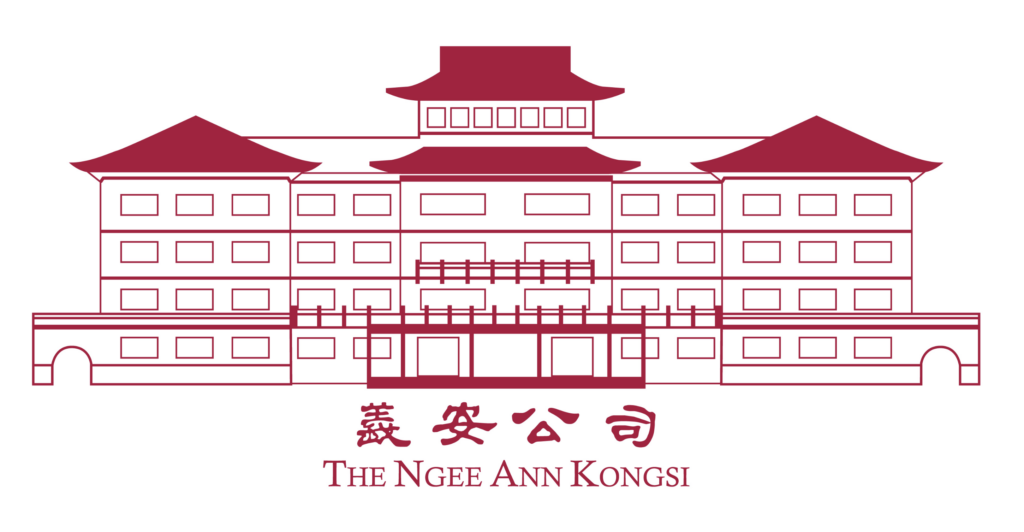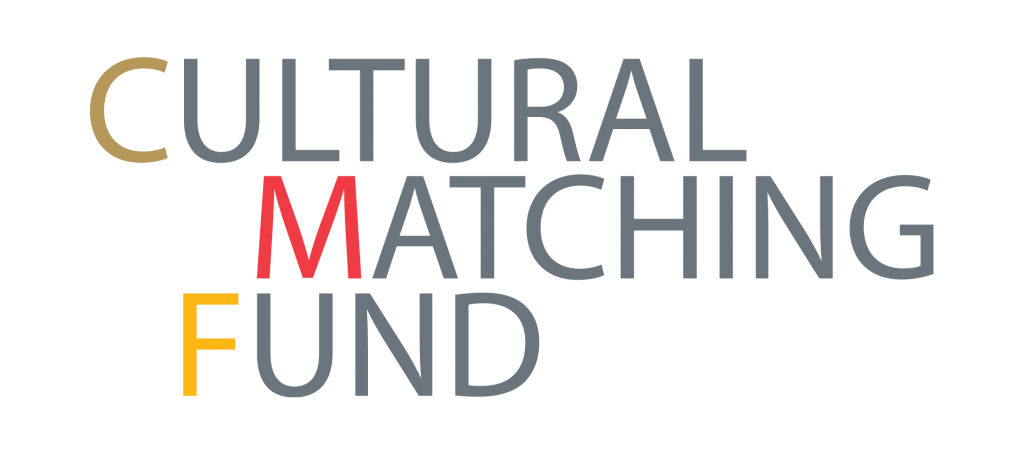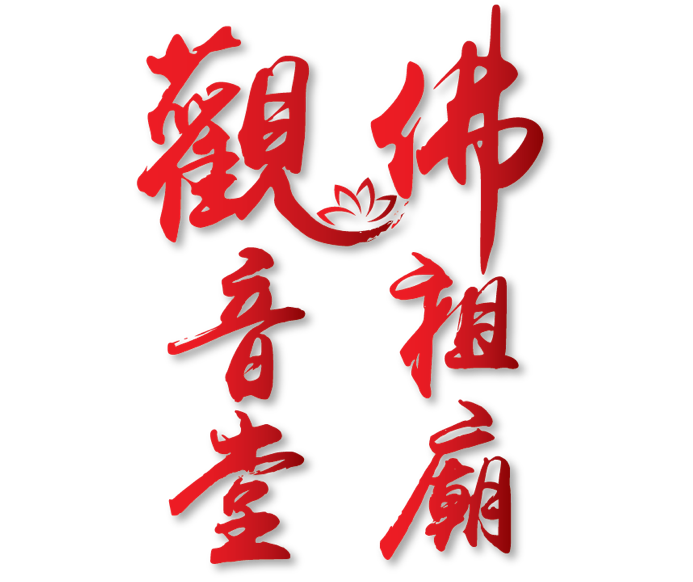From the days of European colonization to the rise of the US as a political, economic and cultural powerhouse post-World War 2, voices and stories from the West have always been dominant in cultural narratives worldwide. From a young age, we watch movies from Disney, get excited about Happy Meal toys from McDonald’s and follow celebrities the likes of Taylor Swift and One Direction. This follows us through the years – their stories continue to be told through our radios, our TV screens, our laptops, our tablets. It is easy to take these narratives as if they are our own.
But the world order is evolving, as we speak. The Internet has given us a window into the voices and stories of the rest of the world. Not told through the Western TV director or news organization who views the world through their eyes and has the choice of where and how to insert the non-Western character into the narrative, but rather having the stories told by these non-Western individuals themselves. These voices are given spaces to represent their own lived realities. Existing previously in the cracks between these dominant narratives, they have risen to themselves become the dominant subjects in these stories, finally having a chance to tell the world what they experience, how they feel, and what matters to them.
And popular culture is giving them that space as well. Streaming platforms like Netflix and Spotify are bringing to audiences cultural products from different countries and produced in different languages; social media like Facebook, Twitter, Instagram and LinkedIn are connecting people everywhere in the world. When there is connection, there is an exchange of thoughts and ideas – and the hope is, there will be greater understanding of different perspectives and more open minds to receive them.
In this wonderful mix of stories and voices comes the possibility of adaptation. There is no longer a need to look at the narratives of others and try (sometimes even forcibly) to see ourselves in them – if a narrative doesn’t suit our reality, we can change it. We can take from it what we will, get inspired by the ideas from which it originated, and mould it in ways that would represent us and what we stand for.
It is this hybridization of stories that makes this globalizing world we live in so interesting to observe. How will the same tales be told differently in different cultures, what similarities will they draw from them, and how will they make it their own? From stories told between the cracks of dominant narratives to an empowerment of the non-Western subject to shape their own tales – of hope, of hardships, and of dreams still untold – these are eye-opening (and mind-opening) times we now live in.





